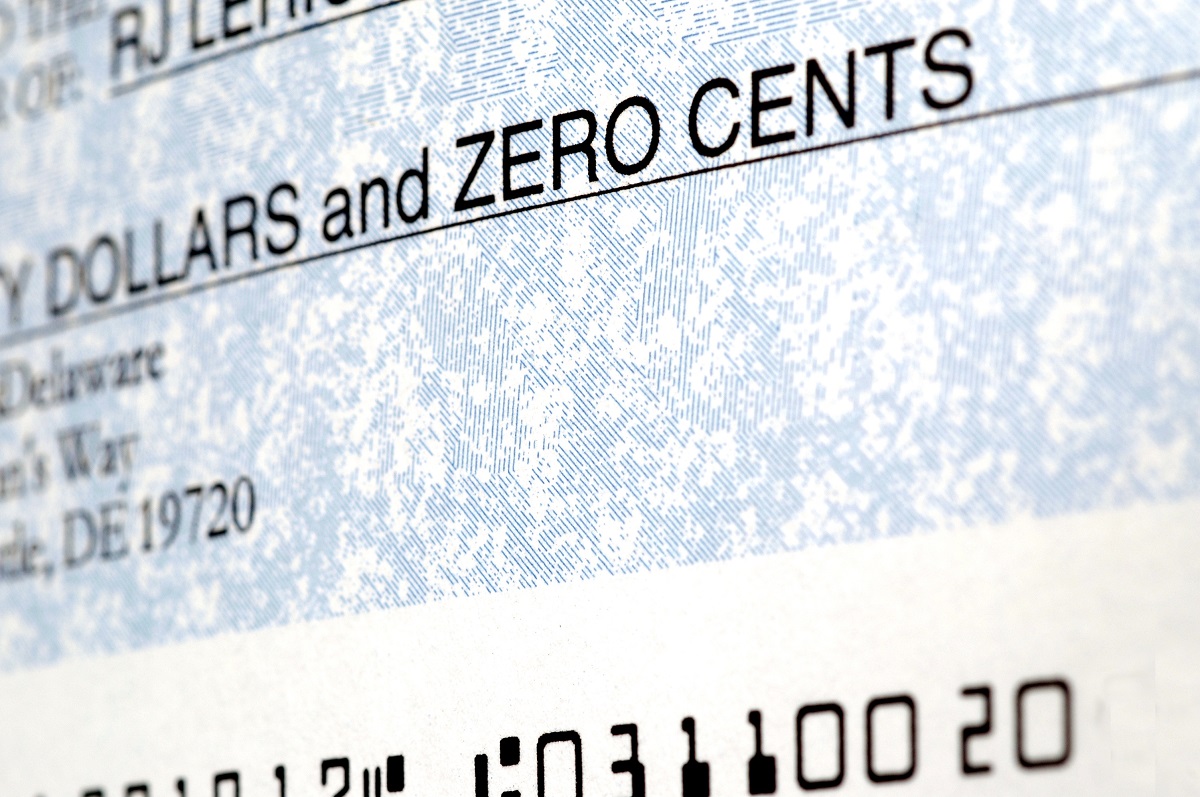 The California Court of Appeal, First District, recently held that a qui tam plaintiff may pursue a California False Claims Act (CFCA) action predicated on a bank’s failure to report and deliver escheated property, even if the California State Controller does not provide appropriate notice to the bank under California Code of Civil Procedure Section 1576.
The California Court of Appeal, First District, recently held that a qui tam plaintiff may pursue a California False Claims Act (CFCA) action predicated on a bank’s failure to report and deliver escheated property, even if the California State Controller does not provide appropriate notice to the bank under California Code of Civil Procedure Section 1576.
A copy of the opinion in JPMorgan Chase Bank, N.A. v. Super. Ct. is available at: Link to Opinion.
A qui tam plaintiff alleged that two banks violated the CFCA by failing to report and deliver millions of dollars owing on unclaimed cashier’s checks to the State of California as escheated property.
The trial court denied the banks’ motions to dismiss. The banks each filed petitions for writ of mandate in the First Appellate District challenging the trial court’s order.
As you may recall, “escheat” is the “vesting in the state of title to property the whereabouts of whose owner is unknown or whose owner is unknown or which a known owner has refused to accept, whether by judicial determination or by operation of law, subject to the right of claimants to appear and claim the escheated property or any portion thereof.” Calif. Code Civ. Proc., § 1300, subd. (c).)
California’s Unclaimed Property Law (UPL) regulates the escheatment of abandoned property to the State of California. (§ 1500 et seq.) The general rule in California, codified in section 1510, is that unclaimed intangible property escheats to California when the “last known address” of the “apparent owner” is in California. (§ 1510, subds. (a), (b)(1).)
Section 1511 of the UPL adds an additional requirement to this general rule, stating: “Any sum payable on a money order, travelers check, or other similar written instrument (other than a third-party bank check) on which a business association is directly liable escheats to this state under this chapter if the conditions for escheat stated in Section 1513 exist and if: (1) The books and records of such business association show that such money order, travelers check, or similar written instrument was purchased in this state.” (§ 1511, subd. (a)(1).)
Additionally, Section 1576 imposes a penalty for “willfully” failing to deliver or report escheated property to California, and a person acts “willfully” only if “he or she has failed to respond within a reasonable time after notification by certified mail by the [California State] Controller’s office of his or her failure to act.” (§ 1576, subd. (c).)
Moreover, the CFCA “permits the recovery of civil penalties and treble damages from any person who ‘[k]nowingly presents or causes to be presented [to the state or any political subdivision] . . . a false claim for payment or approval.’” (Ibid., quoting Gov. Code, § 12651, subd. (a)(1).)
False claims include “possession, custody, or control of public property or money used or to be used by the state or by any political subdivision and knowingly deliver[ing] or caus[ing] to be delivered less than all of that property” (Gov. Code, § 12651, subd. (a)(4)) and “knowingly and improperly avoid[ing], or decreas[ing] an obligation to pay or transmit money or property to the state or to any political subdivision.” (Gov. Code, § 12651, subd. (a)(7).) The CFCA also contains qui tam provisions authorizing private relators to bring actions on behalf of the State of California to seek redress for a CFCA violation. (Gov. Code, § 12652.)
In their writs, the banks argued that the court in State of California ex rel. Bowen v. Bank of America Corp., 126 Cal. App. 4th 225 (2005), held that a plaintiff may not allege a CFCA violation predicated on the failure to report or deliver escheated property absent notice from the Controller under Section 1576.
In Bowen, a qui tam plaintiff sued a group of banks under the CFCA, alleging that the banks failed to report as escheated property unearned and unreturned reconveyance fees they were holding. The court in Bowen held that the reconveyance fees in question “were not subject to escheat” because, during the time period in question, there was no “certain and liquidated” obligation to report those fees as escheated property. (Bowen, supra, 126 Cal.App.4th at pp. 230, 239, 240–242.)
However, the Appellate Court determined that the Bowen court only considered and decided that the plaintiff there failed to allege an obligation for the banks to report reconveyance fees to the Controller; it did not hold that there can be no such obligation without prior notice from the Controller.
The First Appellate District expounded that prior notice from the Controller is not a prerequisite of liability under the CFCA. The Court conceded that the imposition of penalties under section 1576 for willful violations does require prior notice by the Controller, but also noted that the complaints at issue here did not seek to impose those penalties.
The complaints alleged violations of subdivision (a)(4) of section 12651 of the California Government Code, which proscribes the possession of property used or to be used by the government and knowingly delivering less than all that property to the government. The complaints also alleged violations of subdivision (a)(7) of section 12651 — the “reverse false claim” provision — which prohibits false statements, concealment, or improper avoidance of obligations to the state. The Court reasoned that neither of these provisions are dependent on prior notice from the Controller or on the proscribed conduct being punishable under another predicate statute, such as the UPL.
Likewise, the Appellate Court concluded that the UPL contains no provision stating that the Controller must provide notice that a person has failed to report or deliver escheated property to the State before liability can be imposed for submitting a false claim in violation of the CFCA. Contrary to the banks’ argument, the Court held that notice is not an element that must be pleaded and proven in a CFCA case; the notice requirement of section 1576 is a prerequisite only for imposition of the penalties provided in that statute for willful violations of the UPL.
Accordingly, the First Appellate District denied the banks’ petitions for writ of mandate.


